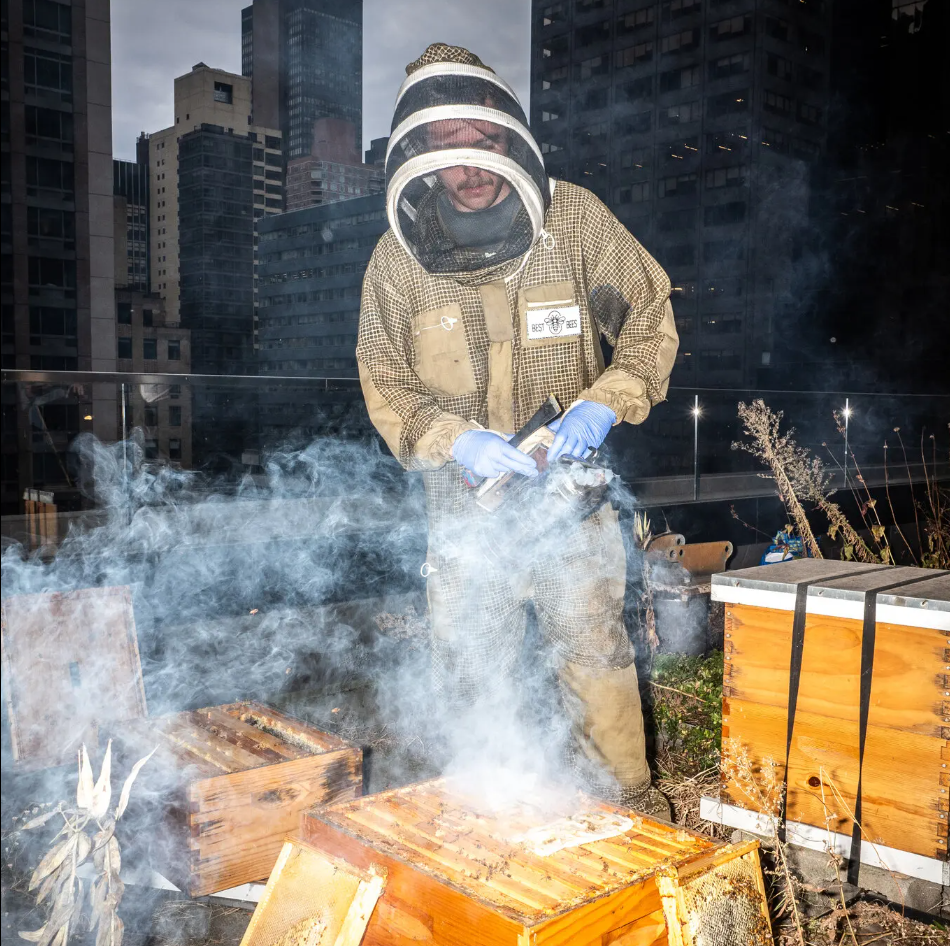Across the valley and around the county, you might hear the buzz of hives at (your) work.
Heritage Apiary manages multiple apiaries for companies and business across the great Roanoke Valley. We can setup, landscape, manage, and harvest for you while your team gets to enjoy the sweet rewards. In addition we can provide education opportunities, enrichment programs, hive tours, and interactive events for your team or residence.
Honeybees are more than just an agricultural resource; they are a symbol of the interconnectedness of all life on Earth. By using honeybees in ESG initiatives, companies can address key environmental, social, and governance issues while making a positive impact on biodiversity, sustainable agriculture, and climate resilience. Whether through direct support for beekeeping programs, investment in habitat restoration, or promoting bee-friendly practices, businesses can demonstrate leadership in protecting one of the planet's most essential pollinators, aligning with the values of consumers, investors, and communities alike.
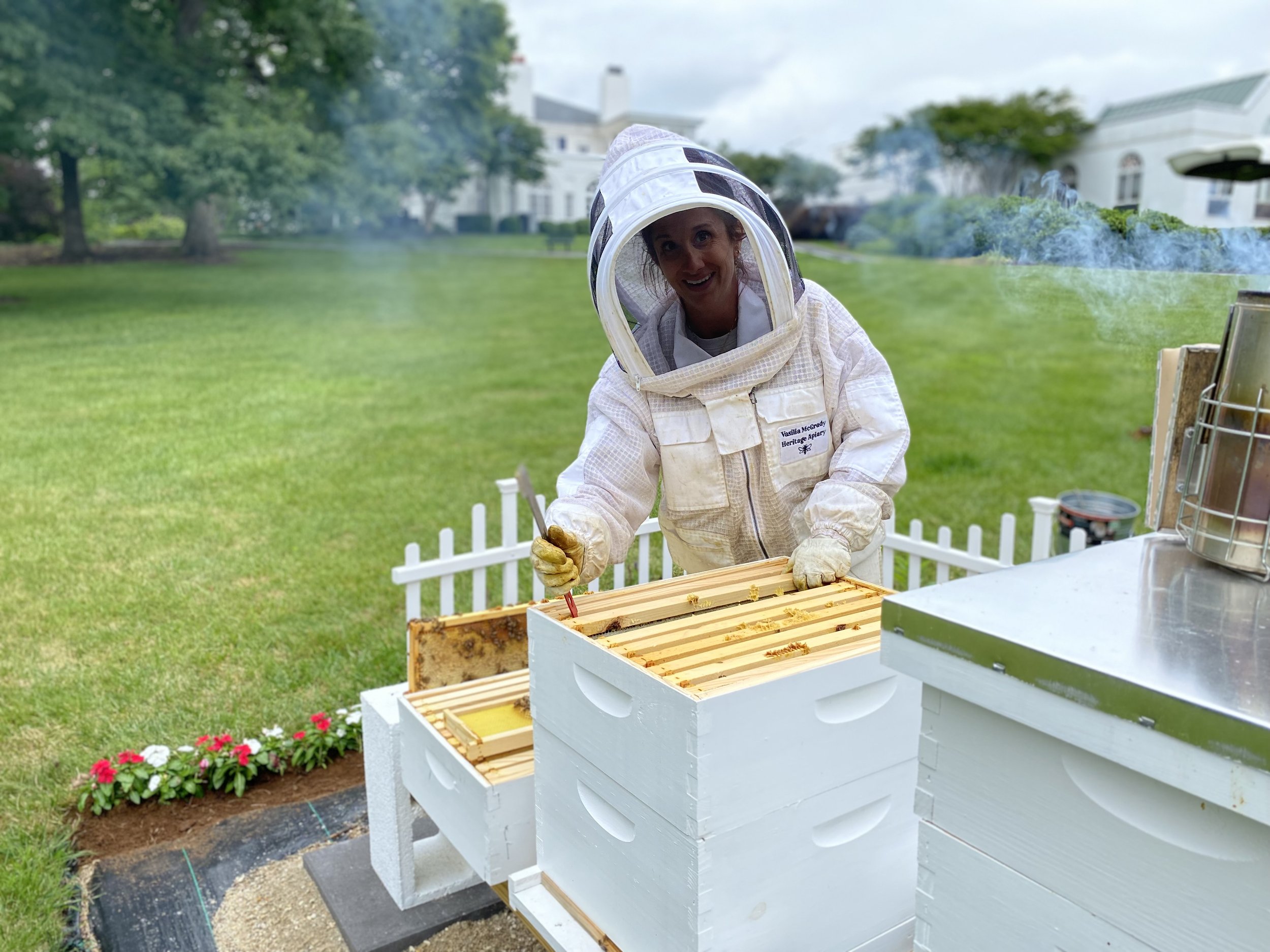
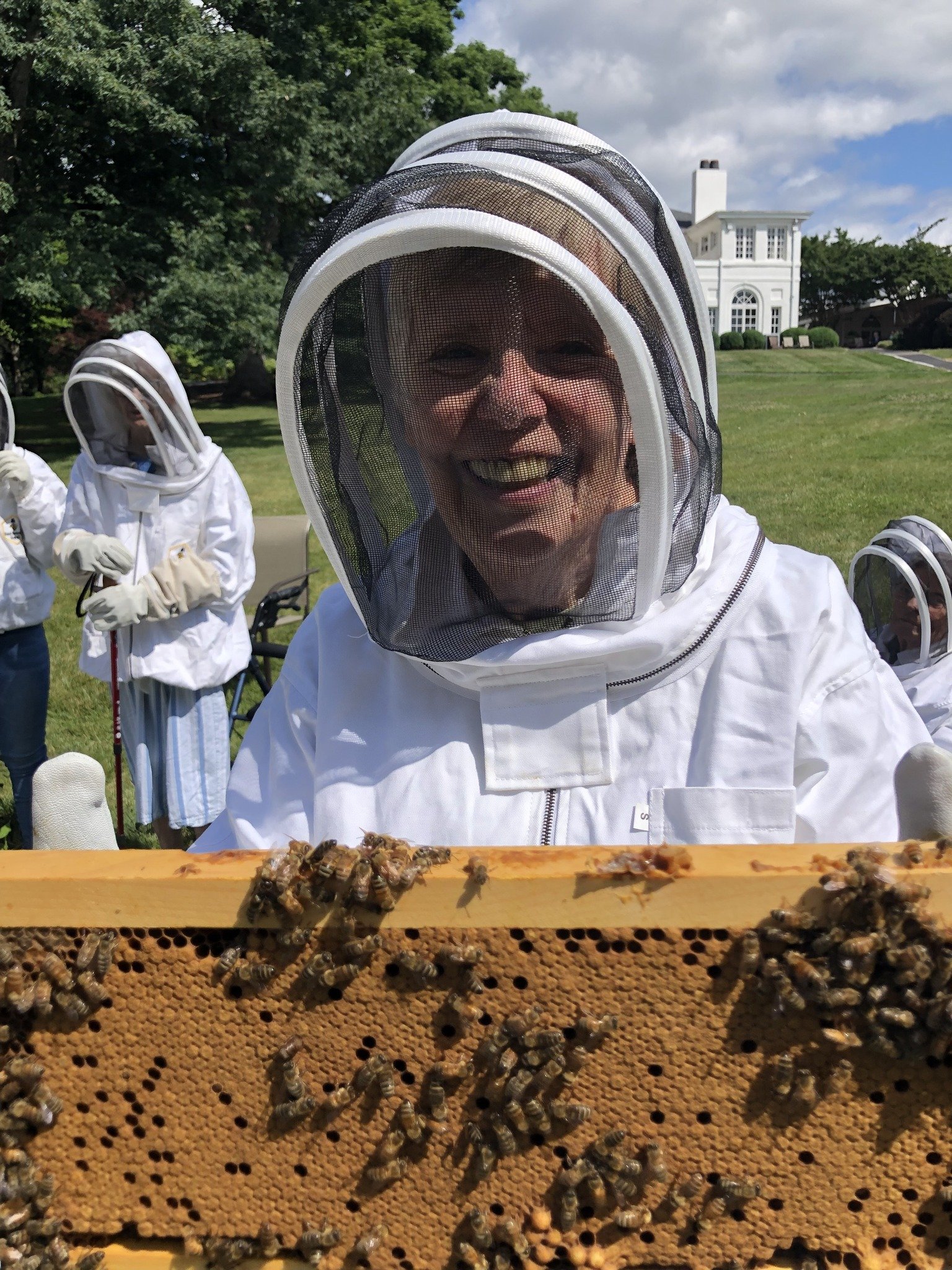


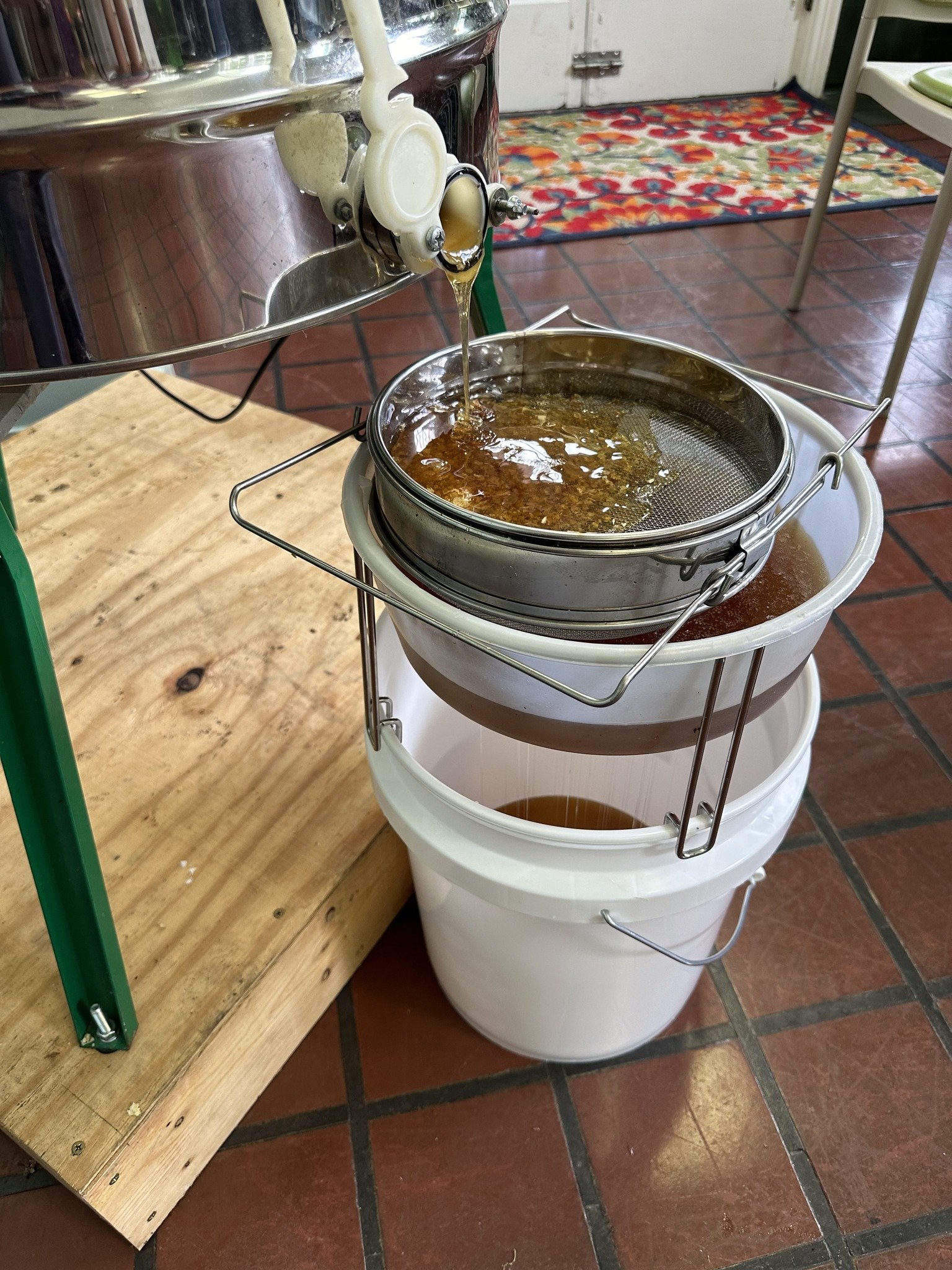
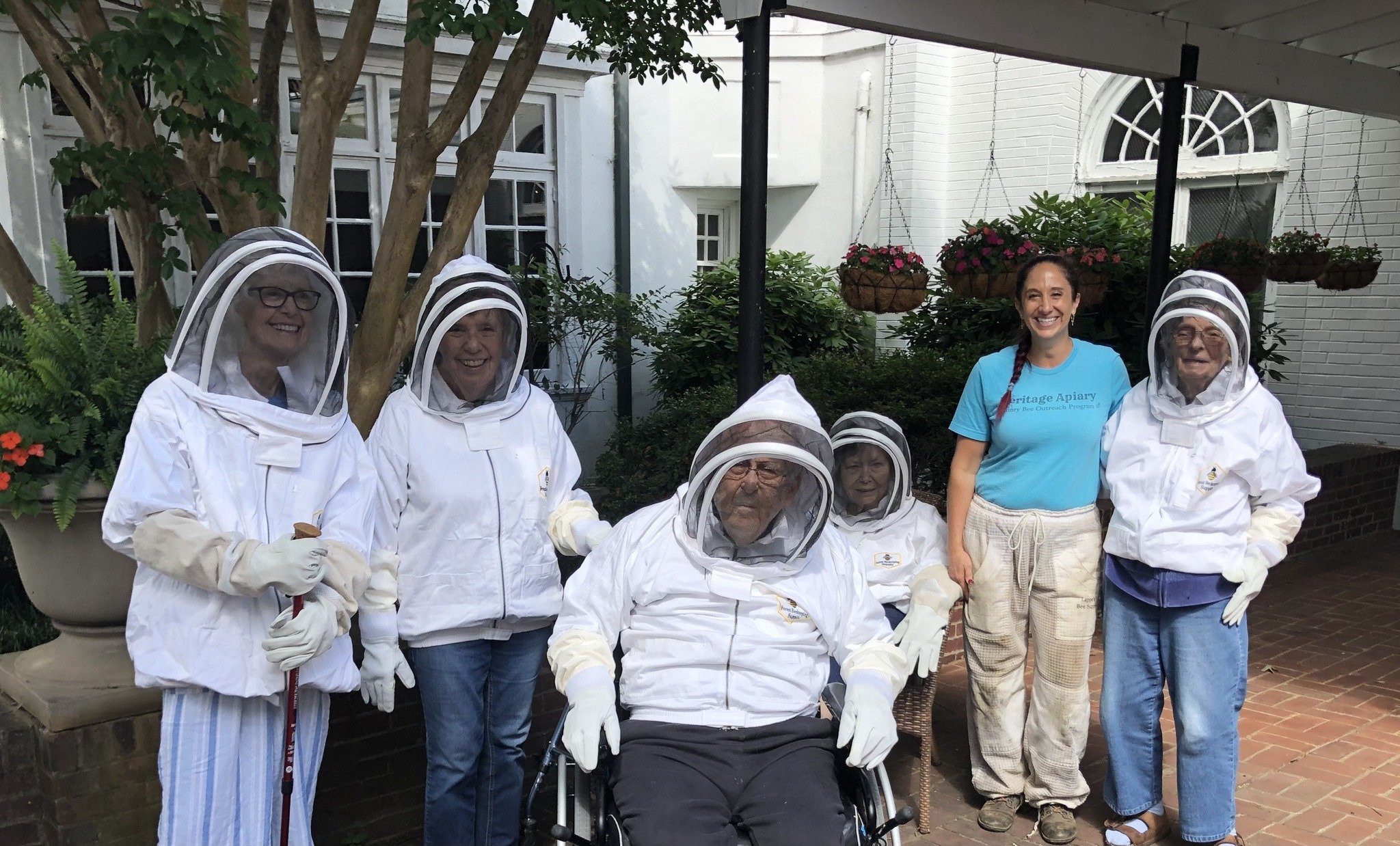
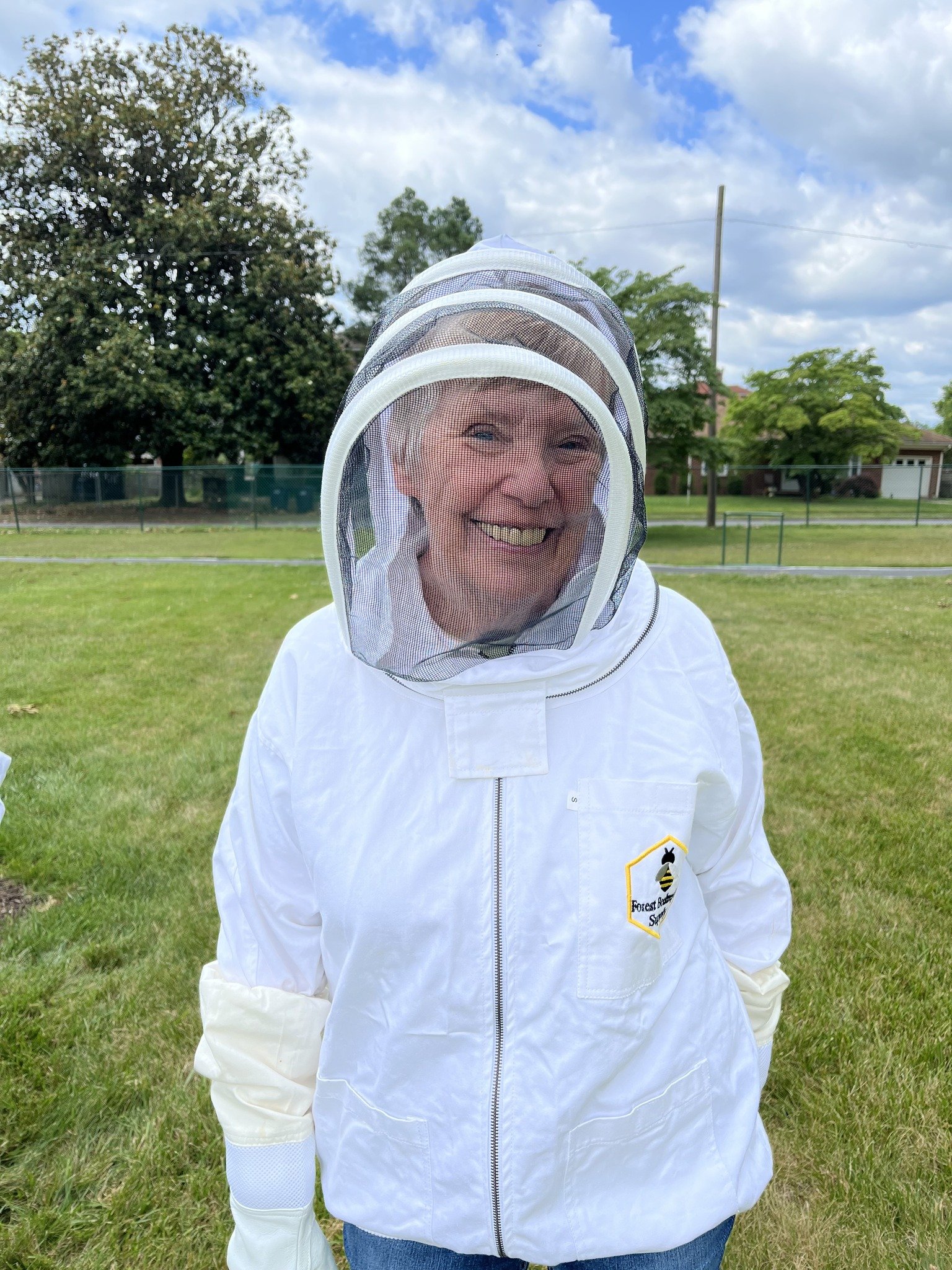
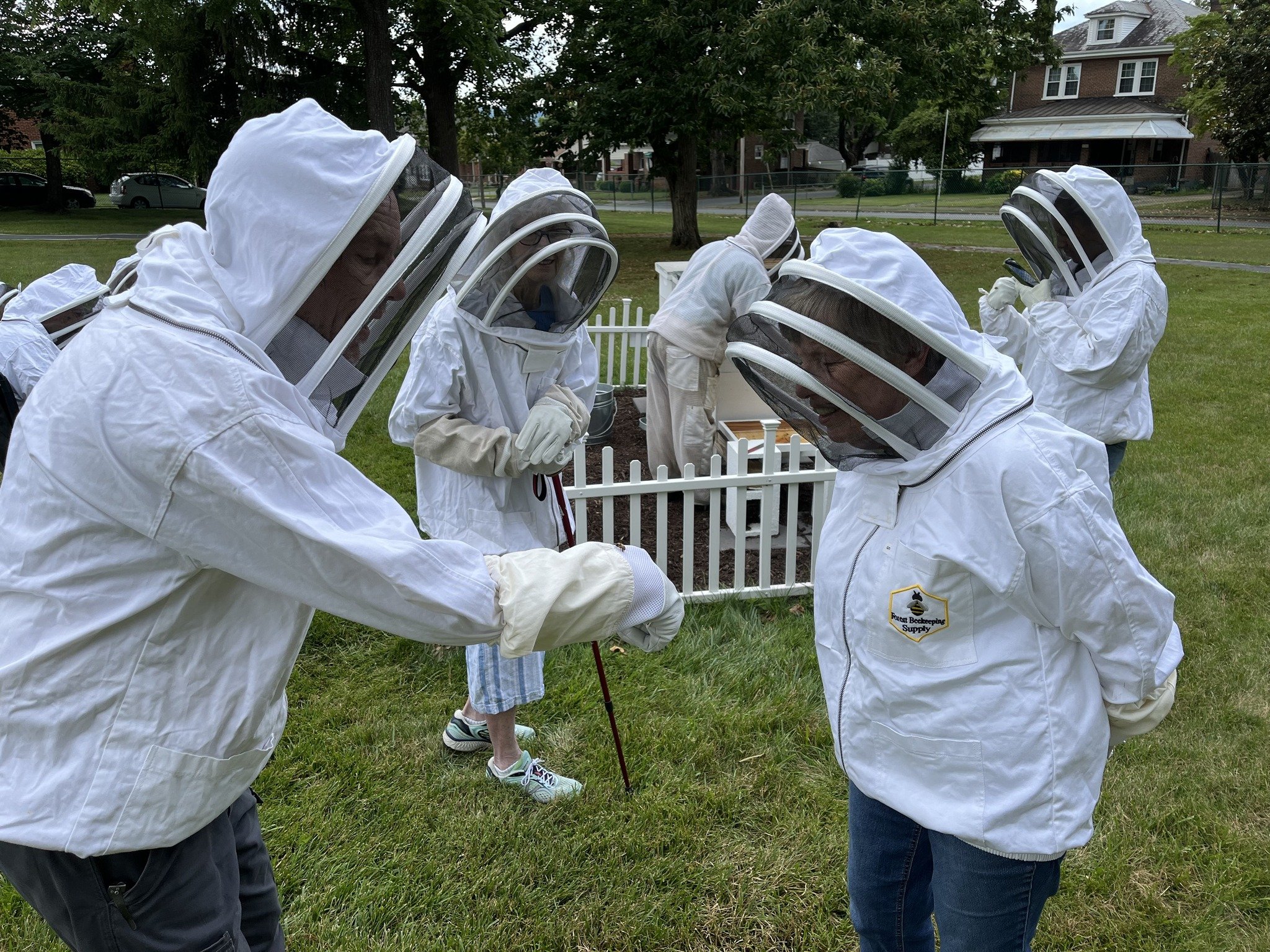
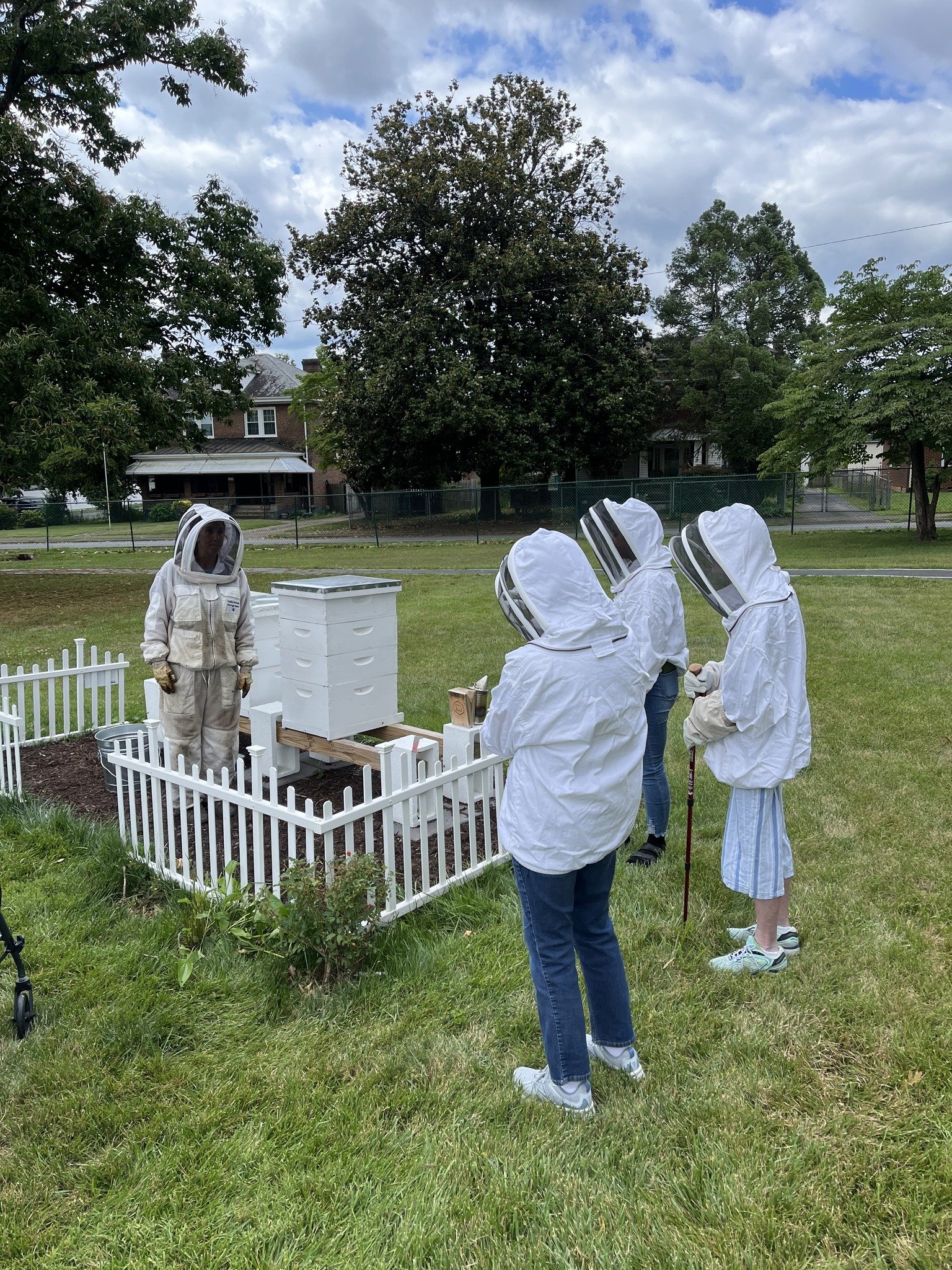
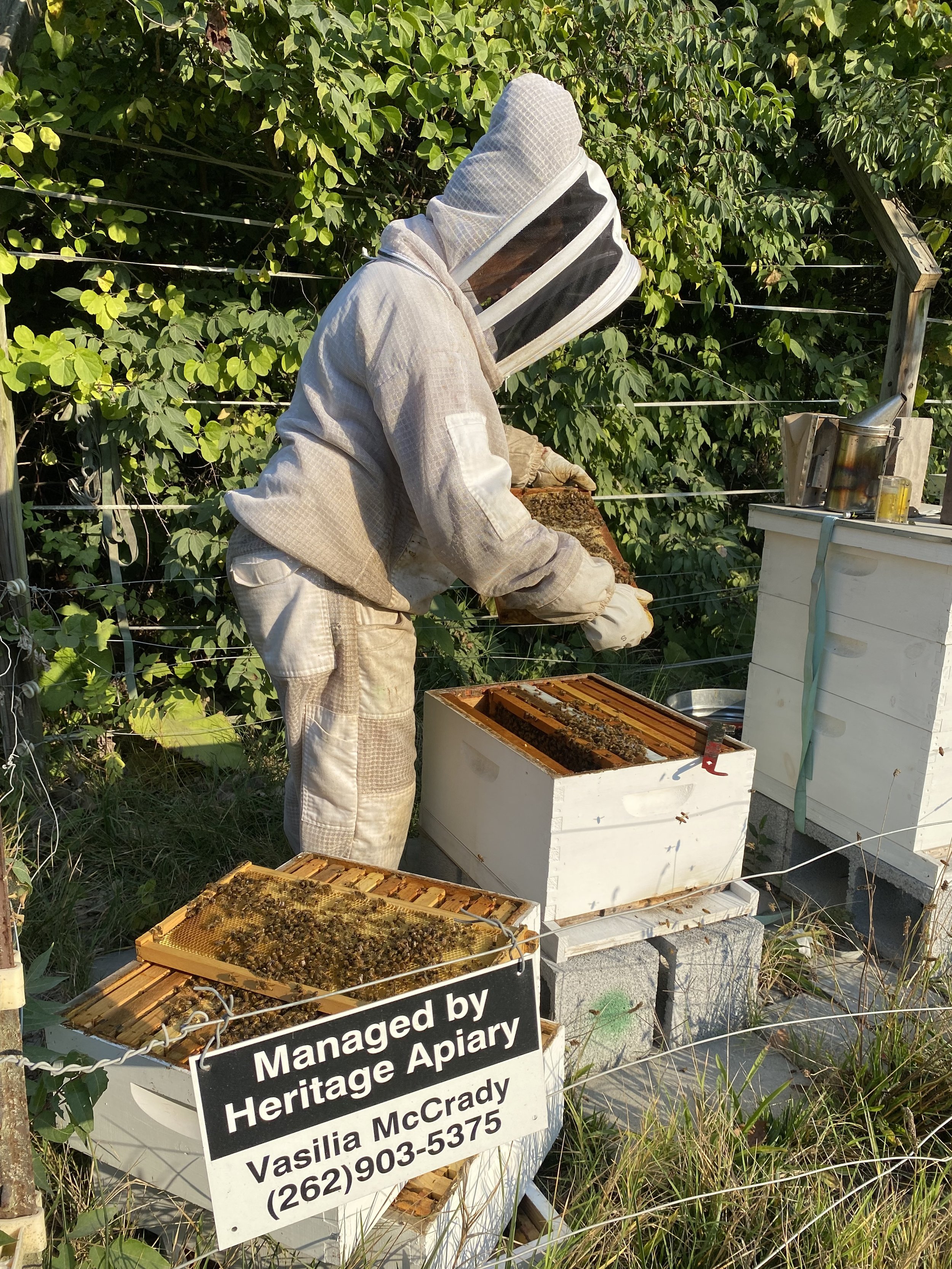
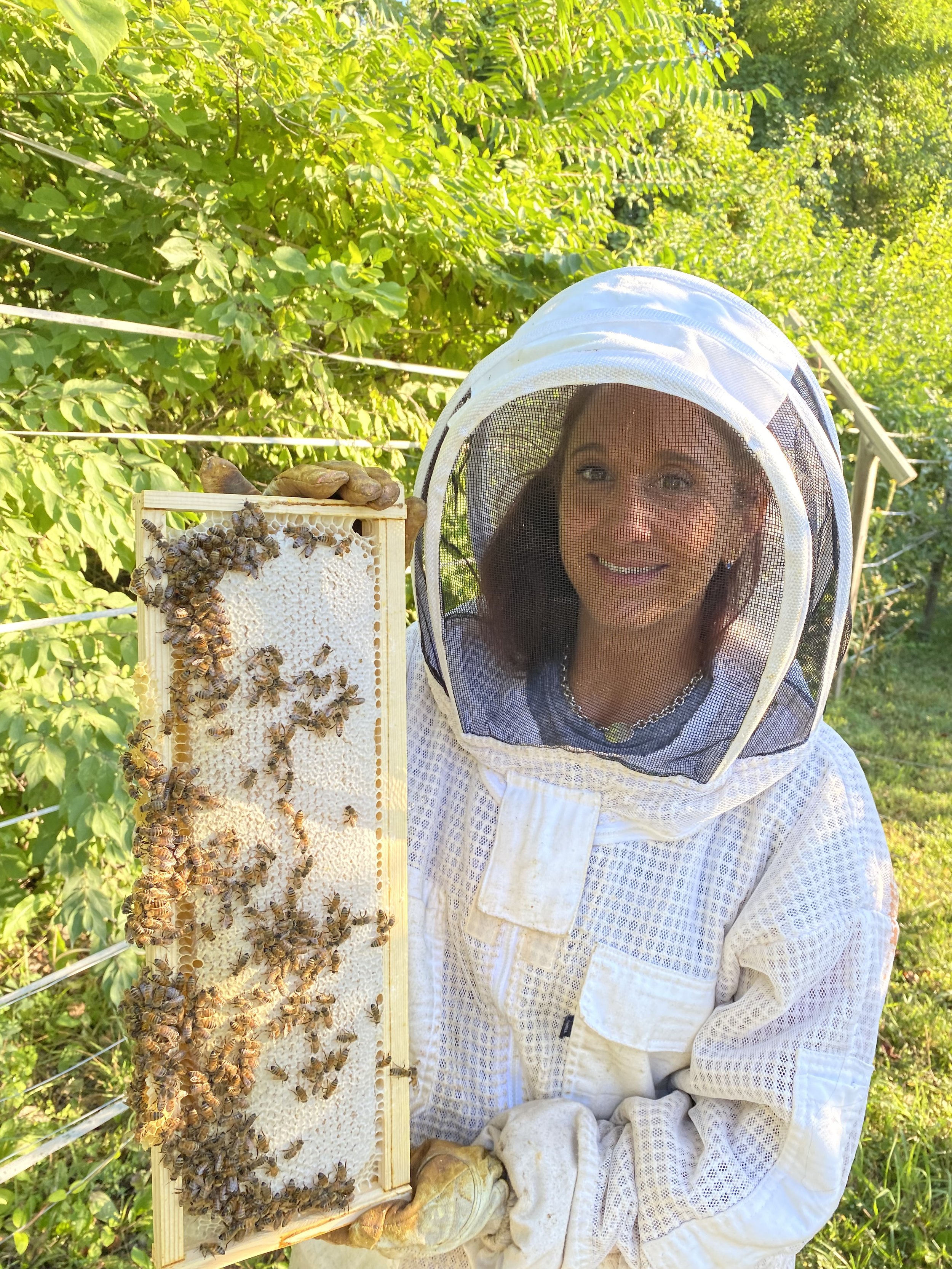
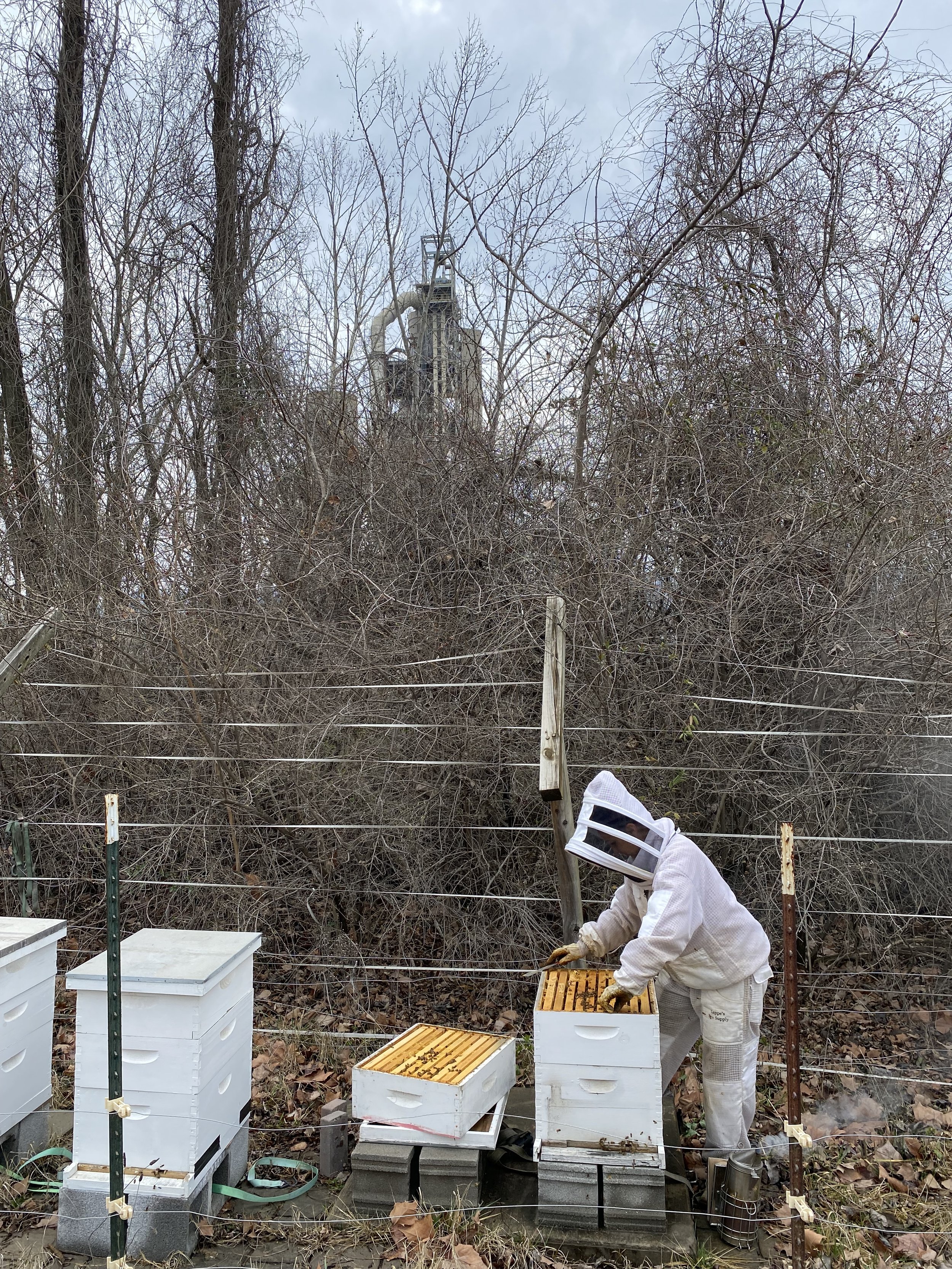
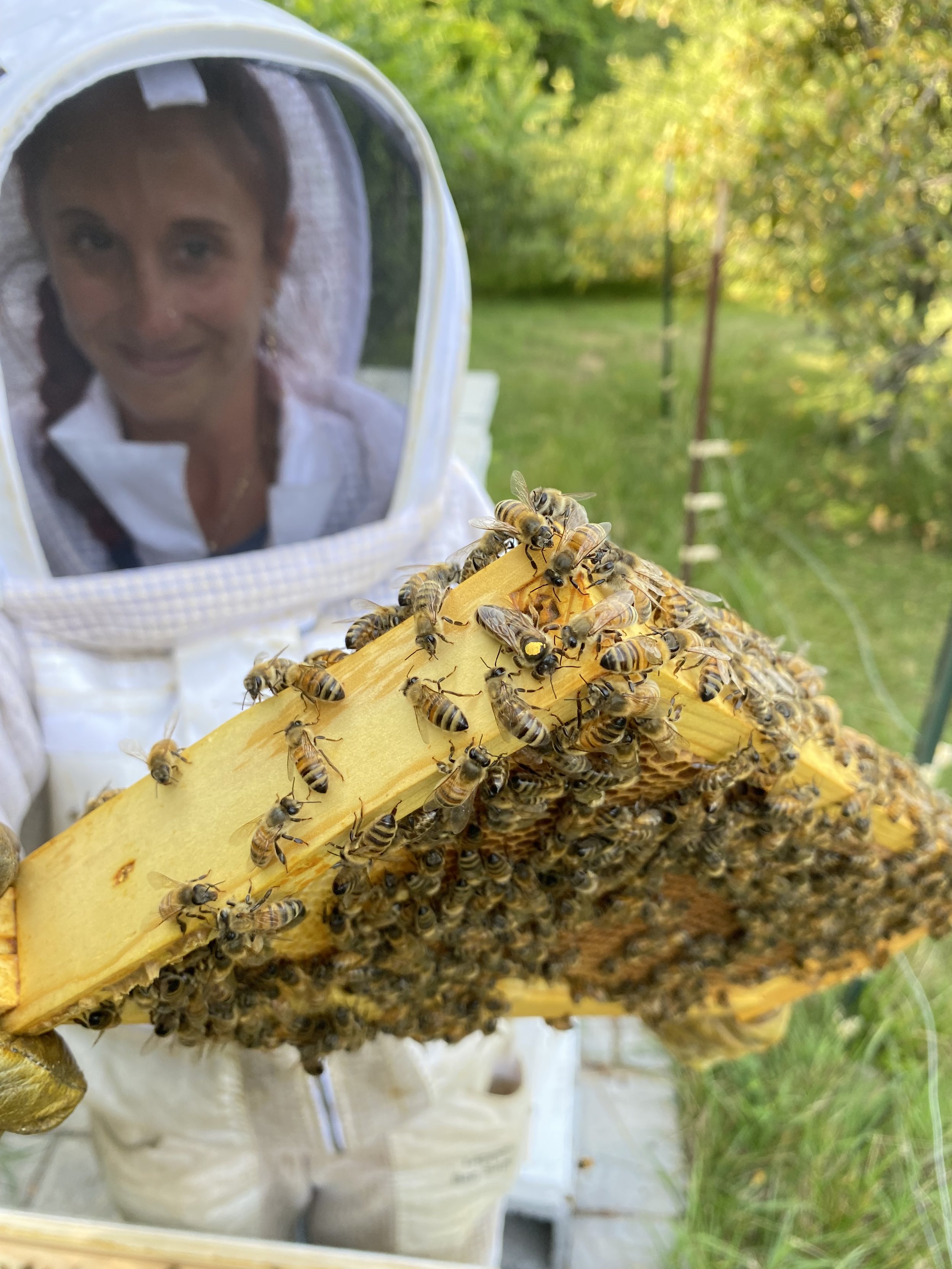



Why Business Use Honey bees for ESG Targets and Biodiversity
Honey bees play a crucial role in promoting biodiversity and supporting environmental sustainability, making them an important focus for businesses and organizations aiming to meet Environmental, Social, and Governance (ESG) targets. Here's why honeybees are integral to these efforts:
1. Pollination and Ecosystem Health
Honeybees are among the most effective pollinators in nature. They help pollinate around 75% of flowering plants and approximately one-third of the food we eat, including fruits, vegetables, and nuts. This vital role supports biodiversity by fostering plant reproduction and ensuring the health of ecosystems. By focusing on the protection and promotion of honeybees, companies can contribute to the resilience of local ecosystems and biodiversity as a whole.
2. Sustainable Agriculture
Many agricultural practices depend on pollination to increase yields and maintain crop diversity. Bees are essential for the pollination of many key crops, such as apples, almonds, blueberries, and tomatoes. By using honeybees in the context of ESG, companies can promote sustainable agriculture practices, reduce the need for chemical inputs like pesticides, and encourage the use of pollinator-friendly farming techniques.
3. Climate Change Resilience
Honeybees are sensitive indicators of environmental health, particularly in relation to climate change. Their health and populations are directly influenced by temperature fluctuations, habitat loss, and other climate-related factors. By adopting honeybees as part of ESG initiatives, businesses can raise awareness of climate change's impact on biodiversity and contribute to solutions that help mitigate these effects, such as creating bee-friendly habitats or supporting climate-positive agriculture practices.
4. Supporting Social Responsibility
Integrating honeybee protection into ESG strategies can also highlight a company’s commitment to social responsibility and community well-being. For example, some companies partner with local farmers or beekeepers to promote bee conservation, supporting livelihoods and local economies. In addition, by supporting bee-friendly practices, organizations can encourage other businesses and communities to adopt similar sustainability efforts.
5. Demonstrating Commitment to Biodiversity
As part of broader ESG efforts, businesses that prioritize honeybees demonstrate a commitment to biodiversity conservation. With biodiversity loss being one of the most pressing environmental issues of the 21st century, companies can use honeybees as a symbol of their contribution to preserving species and ecosystems. Whether through corporate partnerships, investments in bee-friendly initiatives, or the establishment of urban bee habitats, this action aligns with the growing public demand for companies to act as stewards of the environment.
6. Brand Differentiation and Consumer Engagement
Honeybees are a popular symbol of environmental stewardship, and promoting their protection can help companies distinguish themselves in the marketplace. Consumers are increasingly favoring brands with strong ESG credentials, and bee-related initiatives can serve as an authentic and impactful way for businesses to connect with eco-conscious customers. This can lead to improved brand reputation, customer loyalty, and even higher sales in the growing market for sustainable products.
7. Educational Opportunities
Using honeybees as part of ESG efforts provides a unique opportunity to educate employees, stakeholders, and the public about the importance of biodiversity and environmental sustainability. Beekeeping programs, awareness campaigns, and partnerships with conservation organizations can help foster a deeper understanding of ecological issues and encourage more sustainable behaviors across various sectors.
Its not just here is the Valley, even in the Big Apple.
From local Companies, to the largest multinationals




